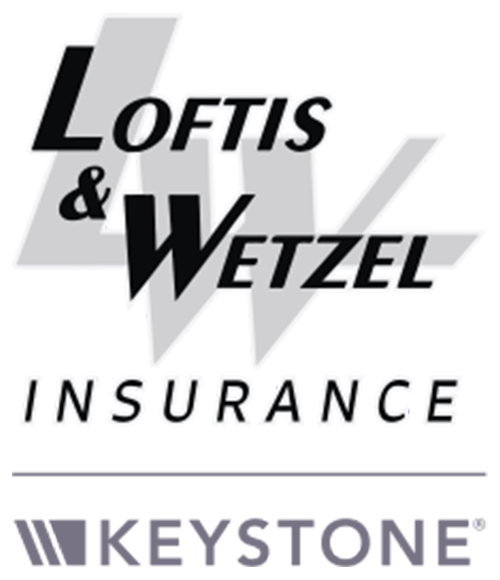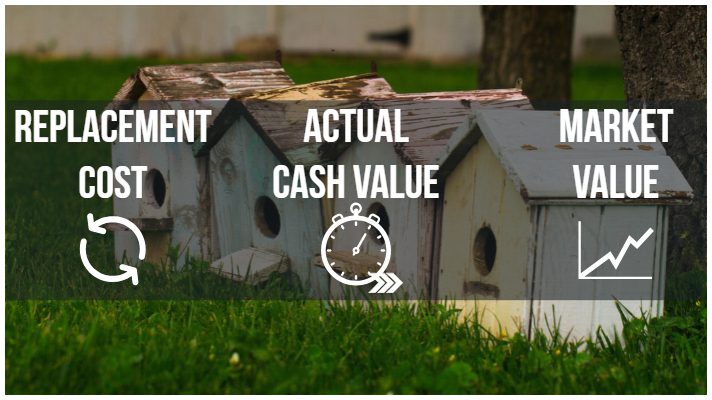If you have ever considered purchasing homeowners insurance on a home, you probably encountered a discussion about the “value” of your home. You might be thinking that a home you purchased for $200,000 should reasonably be insured for $200,000– but your insurance agent might have wanted to talk in higher numbers. Why is that? Let’s find out by looking at three different ideas of value: replacement cost, actual cash value, and market value.
Replacement Cost
The majority of the homeowners policies that we write at Loftis & Wetzel are Replacement Policies which means that, in the event of a total loss on your home, the insurance company intends to “indemnify” or restore your home to the condition it was in prior to the loss; we want to rebuild your home. For this reason, we discuss your Coverage A – your dwelling coverage – in terms of rebuilding your home from the ground up.
NOTE – Did you know that Oklahoma is the only state where roofs are not guaranteed to have full replacement coverage? Talk to your agent about the coverage you have today to make sure your back– I mean your head is covered!
Extended Replacement
You might notice that your policy has an extended Coverage A. Why would we need even more than what it costs to rebuild your home? According to our underwriters, rebuilding costs can increase suddenly if there are catastrophic losses in an area (think tornadoes and hurricanes): resources become more scarce– so their price can increase! That’s why we suggest adding “extended replacement” to your policy. Some of our carriers automatically include 25% or more extended replacement from the beginning.
Actual Cash Value
Strictly speaking, actual cash value, in terms of insurance, means “the cost to replace less depreciation.” Has anyone ever told you that “your new car depreciates the second the tires leave the lot?” Once the ownership clock starts ticking, the value of an item starts to decrease compared to that same item in new condition. Your home and your roof do the same thing.
Perhaps you obtained a property on a really good deal and you just want to cover your investment, rather than the price to rebuild. In this case—best to make sure you have a second home or a Plan B in the event your home becomes uninhabitable.
Market Value
Recall that we typically insure replacement value of property. In contrast to replacement value, market value is the price paid for a dwelling which can increase or decrease over time depending on market forces. Of course, cost of materials materials change over time, but you won’t need to worry about a housing bust preventing you from rebuilding.
Concluding Remarks
We discuss many values when we insure property. It’s important to have an idea of what they might mean. If you ever have any questions about the numbers you encounter during the insurance purchasing process, do ask! If you have the question, someone surely had the question before you. And besides, we’re here to advise you; we’re more than happy to share our knowledge!

